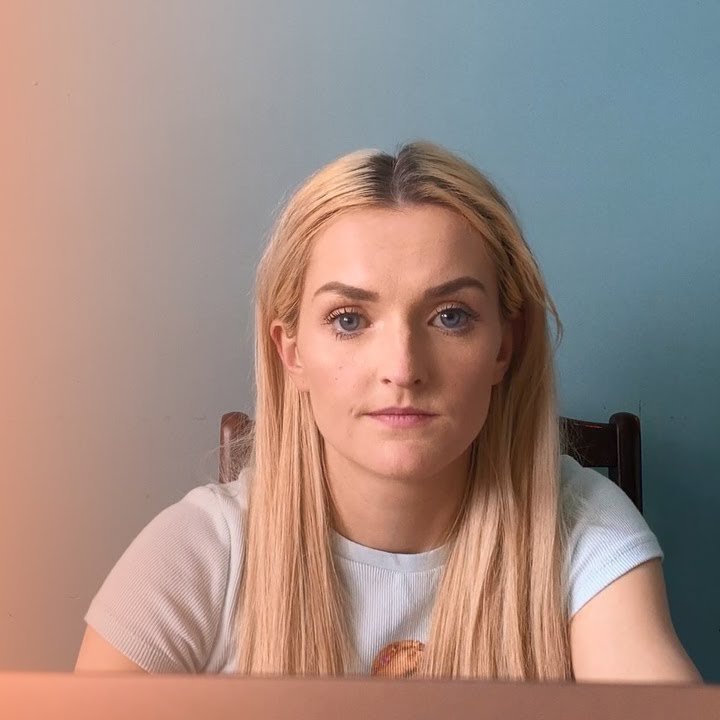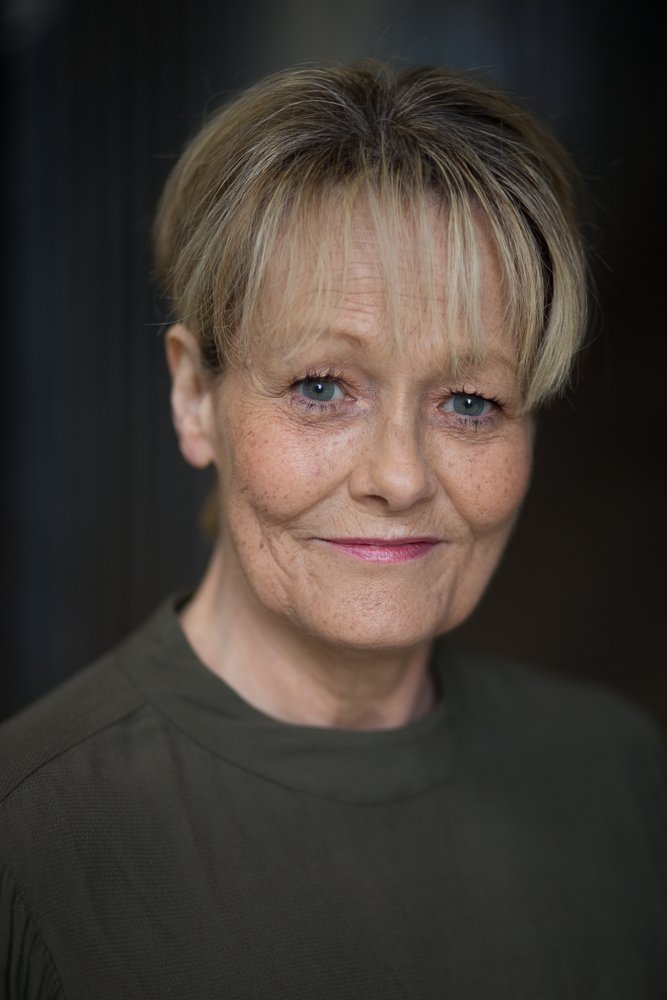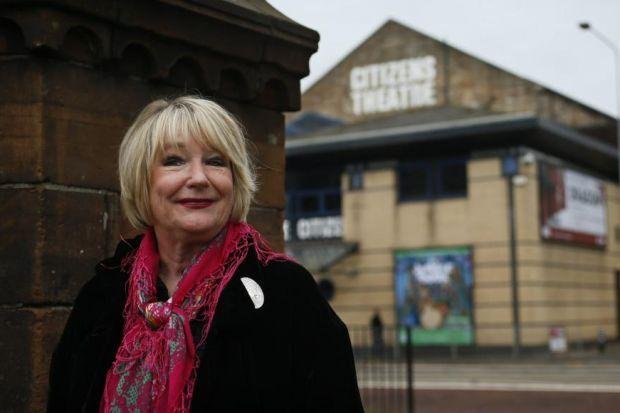
Erin
The Care Worker
Played by Erin McCardie
The actor
The Character of Erin is played by Erin McCardie. Erin has worked in theatre productions such as ‘Men Should Weep’ NTS, ‘From the Calton to Catalonia’ Fairlpley, ‘A Midsummers Nights Dream’ Oran Mor. She has also appeared in TV’s, ‘River City ‘and ‘Rab C Nesbitt’. She is represented by CMA.
Erin Applies to be a care worker.
Erin applies to be a care worker. She knows the pay is low, but she wants a job where every day is different, and also, she remembers how she felt about her neighbour, an old man she provided care for. She was with him as he died and realised that helping people was what she wanted to do.
But, remembering how sad she was about Mr Harvey, she reminds herself that you can’t afford to get too attached when it’s your work.
“clap for carers”, That's tokenism.
After a twelve-hour shift, Erin is furious that the shops have nothing left because of people hoarding. Her neighbours have a bin full of rotting veg and go out to “clap for carers”. That's tokenism. The residents with dementia don’t understand what’s going on. A resident called Betty keeps asking what she’s done wrong.
Erin got a birthday card for Barbara to send to Mikey and Erin ended up writing it as well. She’s still waiting to be tested. She mentions the agency staff who are helping, but who are clearly working from one home to another, every day of the week.
Everyone is supposed to have been tested.
Everyone is supposed to have been tested, but it’s not happening. Erin tells us how awful it is. She took the job to care for people, not to see them die. Erin got angry with Carol today for letting agency staff come in who’ve been in other homes. Erin says is risking her own life for really low pay.
Erin thinks that Barbara’s daughter Sheena should follow her instinct and take her home. Erin can’t do any of the things you are supposed to do for dementia residents.
“we knew this was coming”.
Erin has been tested and she is positive for Covid. She’s asking herself how long she’s had it. She meant to care for people and now she wonders if she’s been carrying disease to them. So many died. She lists their names, one by one, remembering their faces. She asks how she will ever move on from this.
She says, we knew this was coming. Why did it have to be like this?
Erin in her own words
When my dad approached us about this project, I was excited to be doing something that I believe truly matters. Giving a voice to those who don’t have one. Having had close friends lose grandparents to dementia, I’ve seen the pain is causes families. When I was cast as a carer, I gained a small perspective on how many of our support workers in this country are feeling.
I think there is still a lot to be discussed and hopefully more projects like this to be made. Getting the opportunity to create this with my family during lockdown, has given us something to be proud of during the hard time.
Hear stories From The OTHER characters
Sheena
The Daughter
Played by Maureen Carr
Barbara
The Care Home Resident
Played by Barbara Rafferty
Mikey
The Grandson
Played by Michael McCardie
Carol
The Care Home Manager
Played by Claire Knight
Resources
If any issues arise for you on looking at this film, you may find some of the resources here helpful, or contact the Trust on admin@dementiatrust.org Although Take Me With You is a work of fiction, every plot line in the story is lifted from a published news story or the personal experience of the writers and actors.
Some of the news stories are listed here, but the Trust is happy to be asked about any parts of the story that anyone feels present and exaggerated, unfair or untrue picture.
Care workers were on the front line of the Covid crisis. From the start they were made to feel that their contribution was secondary to the NHS. They were there to “Save the NHS” as if their contribution was ancillary, and not fundamental to the care of older people. The price that was paid in terms of their own mental health is significant. There is some consolation that now their role is seen as key to the health of the nation, especially older and more vulnerable people. They are an essential support for families of older people.
What does a care worker do? is a page from Skills for Care which gives some idea of what the work is like. Care workers make an amazing difference in the lives of other people
Government advice on how to work safely in a care home is an example of some of the advice that was given in the early stages of the Covid pandemic. Some care home workers found it impossible to implement because it was impractical
Adult social care Bereavement and Trauma Line is a resource listed in this advice on what to do if a care worker dies, or if they are bereaved by the loss of their residents
News stories
Coronavirus spread fear of Sheffield carer who went untested – BBC News is a story about a woman in the same position as Erin, wondering if she infected her residents
Care workers banned from NHS shopping slots in some Tesco stores is a story that reflects the huge difference between how the NHS and the care sector were regarded by the public
Deaths in Scottish care homes published for the first time in April. The figures published by governments were important for observing trends, but for care workers each figure represented someone they knew and cared for
Investigation planned into deaths in Scottish care homes is a story about a Crown Office enquiry into the deaths of thousands of victims
Visits to care homes to resume in July. While this was a welcome story, the headline hid the fact that only one visitor was to be allowed, and only if the home had been virus free for 28 days







